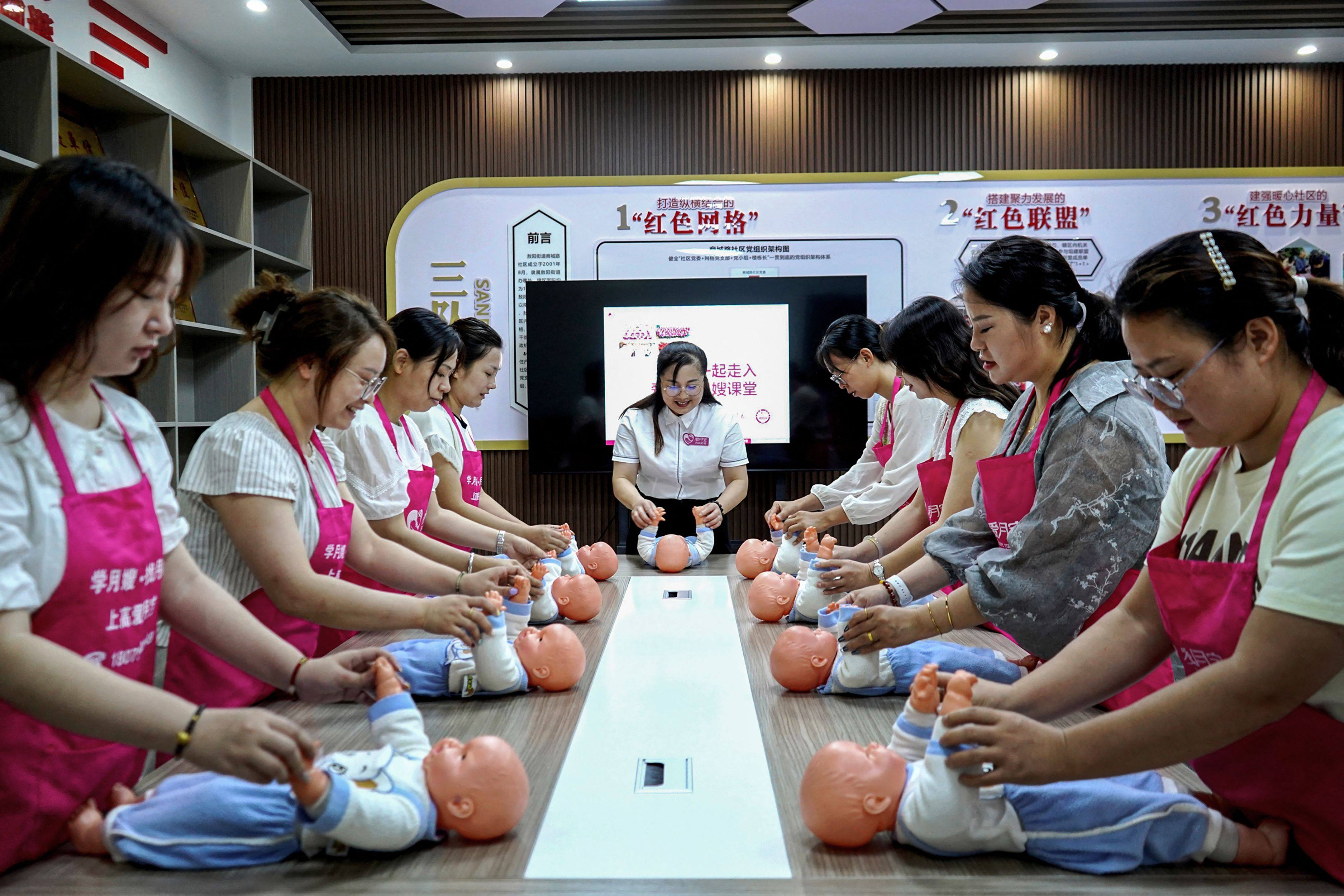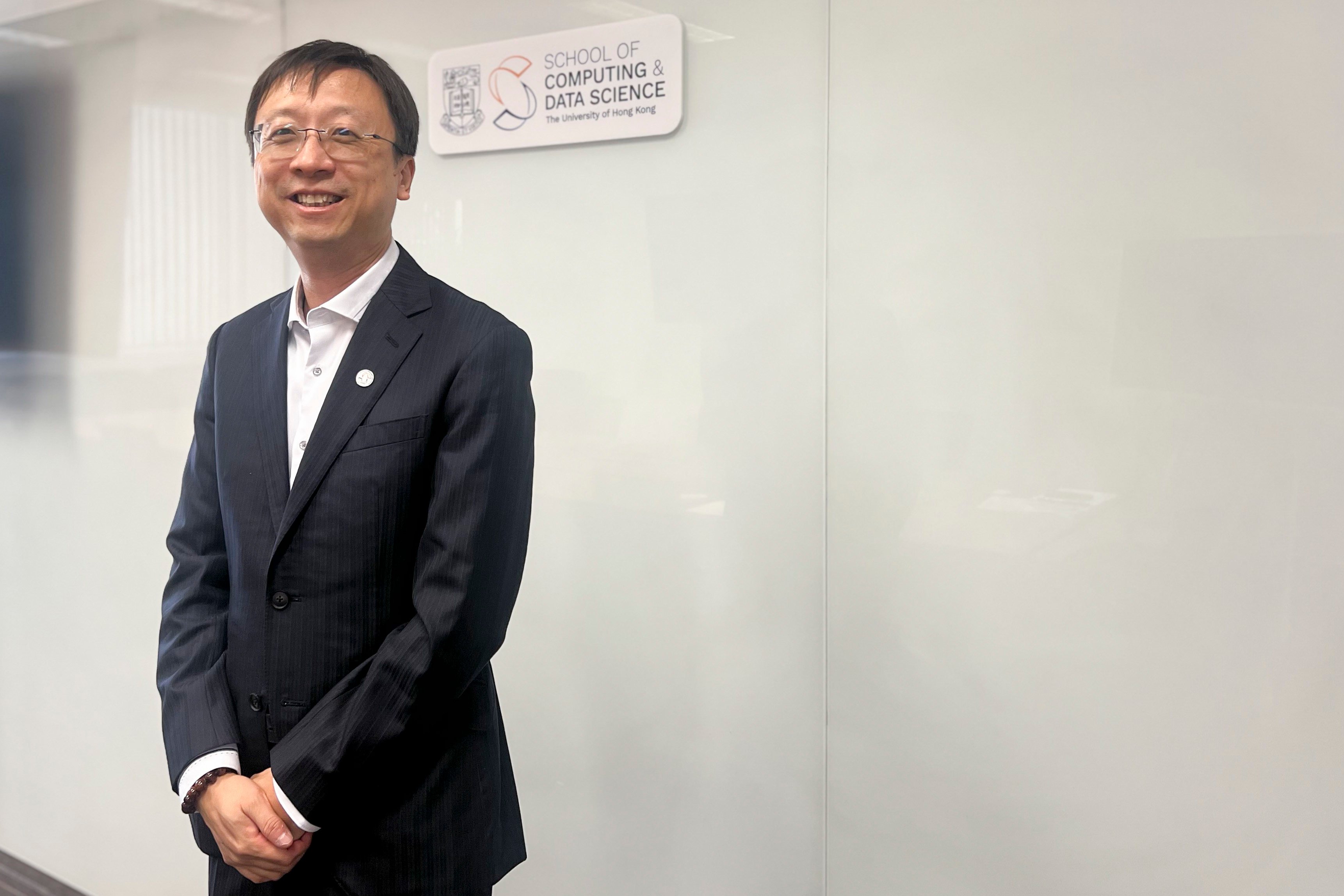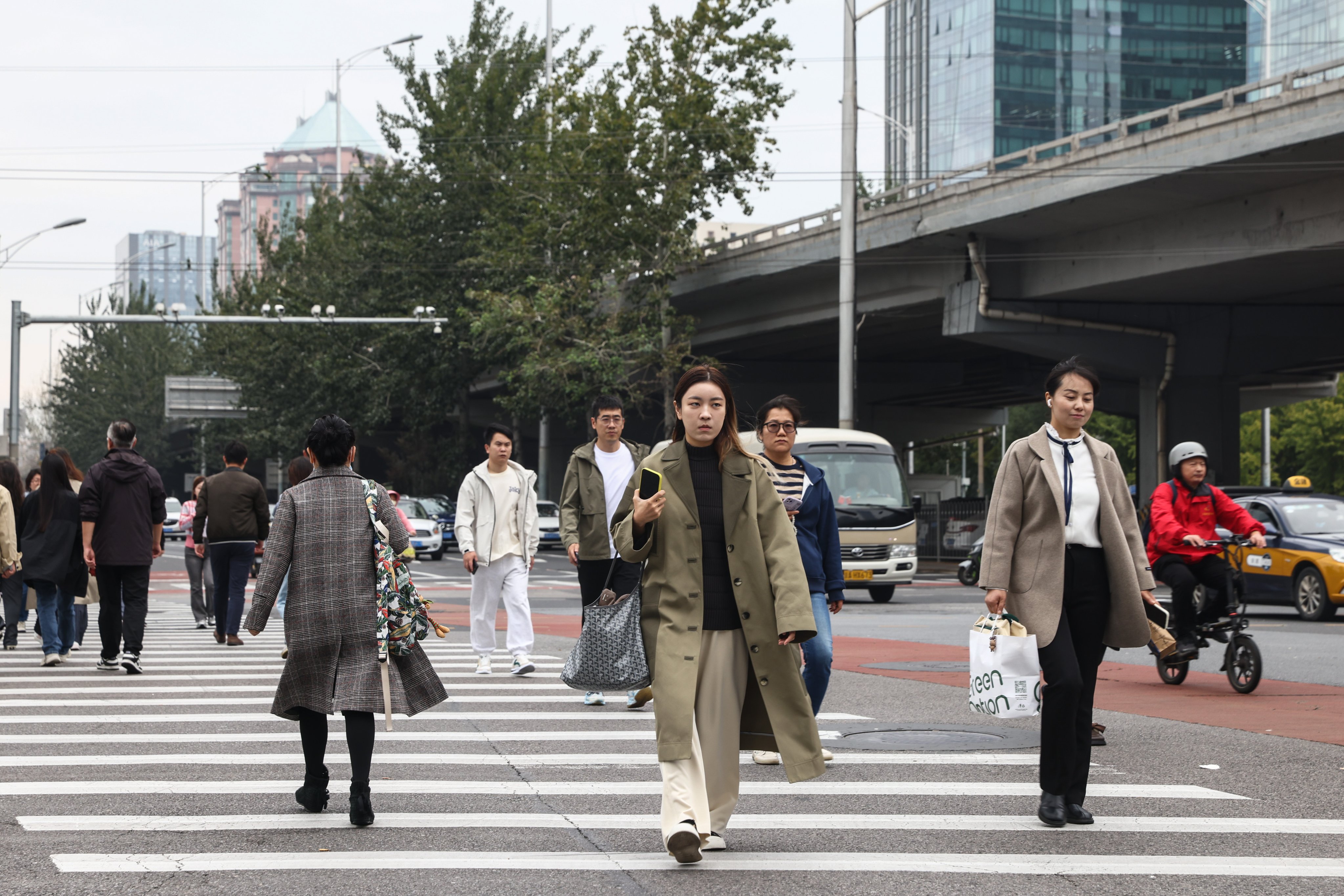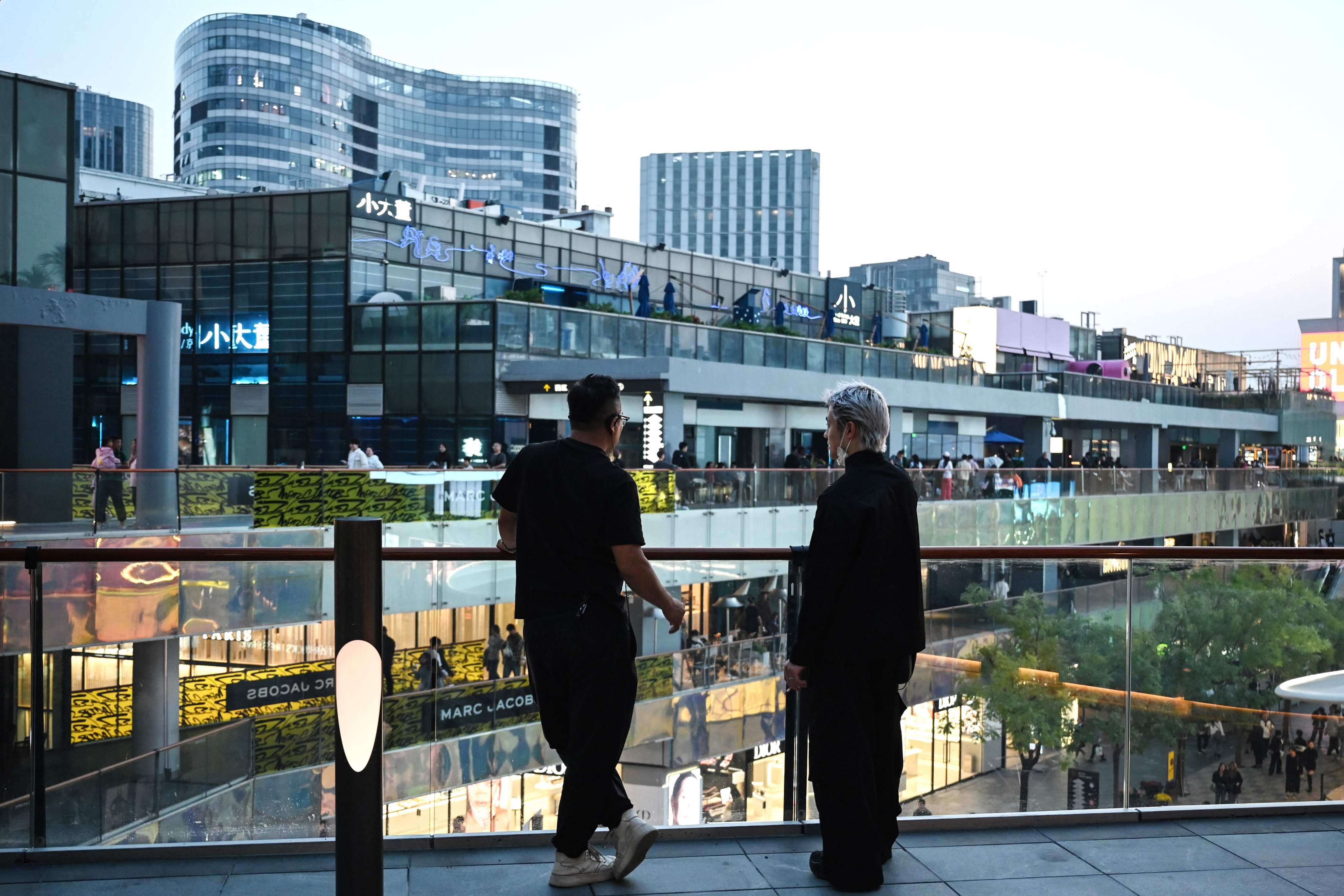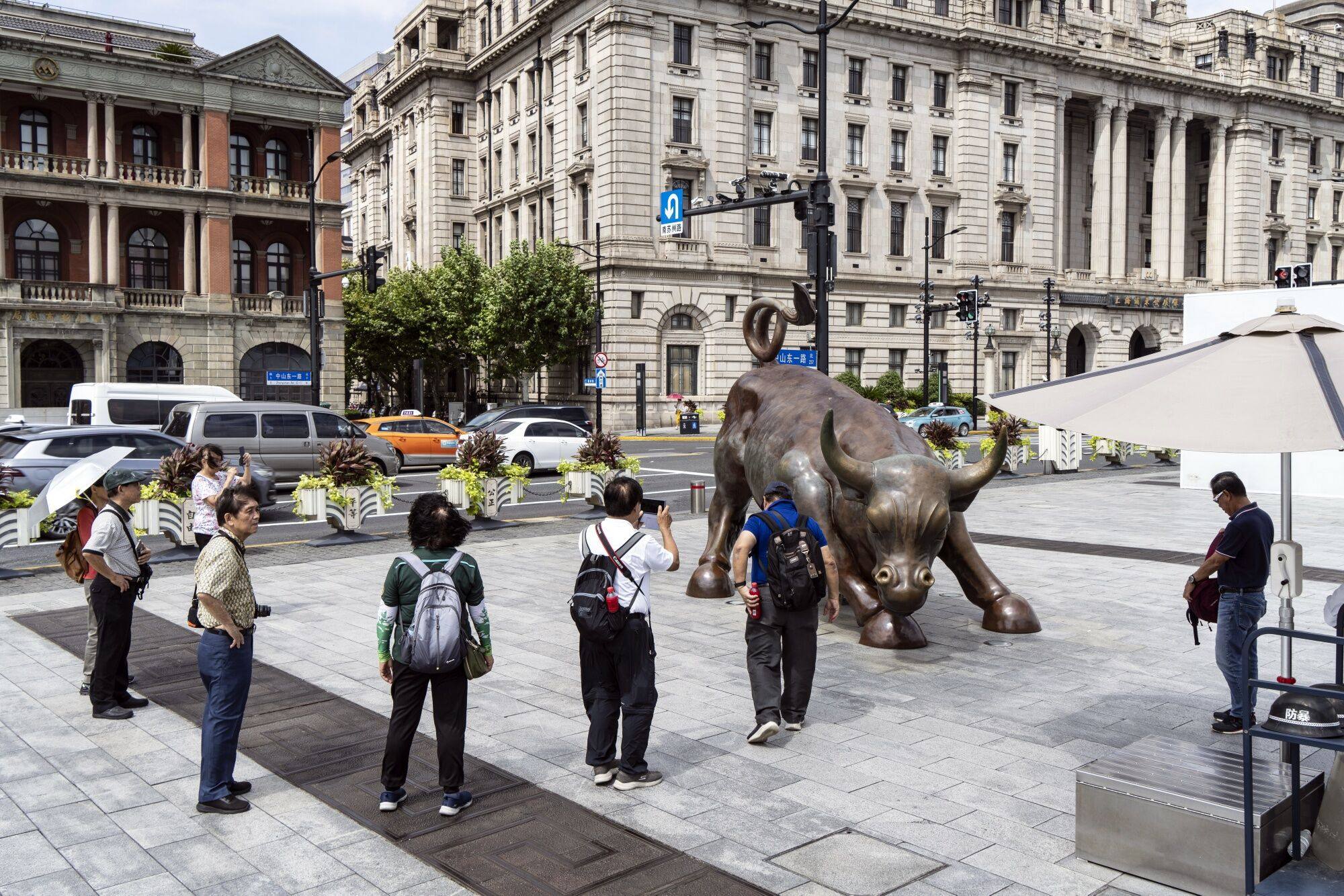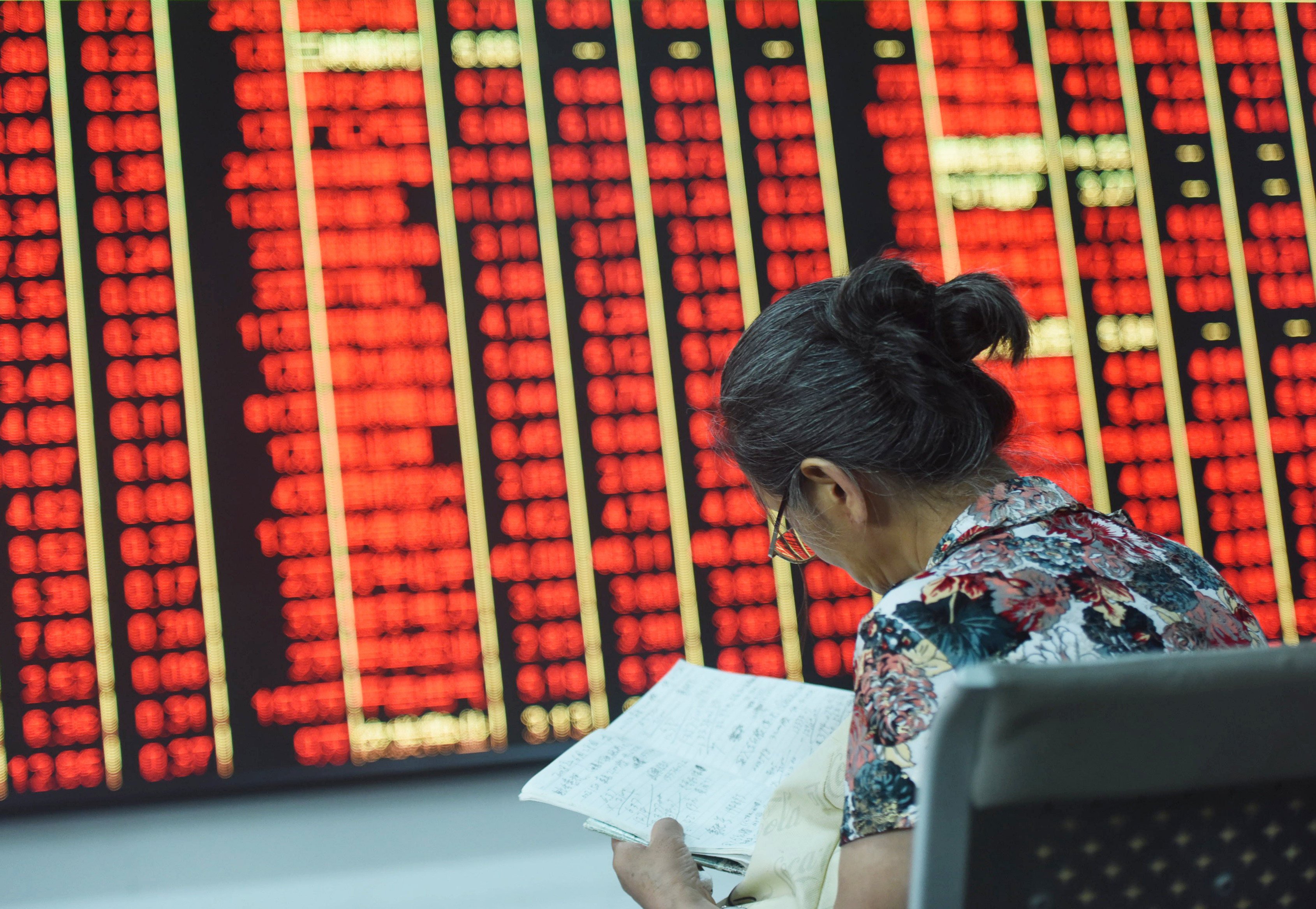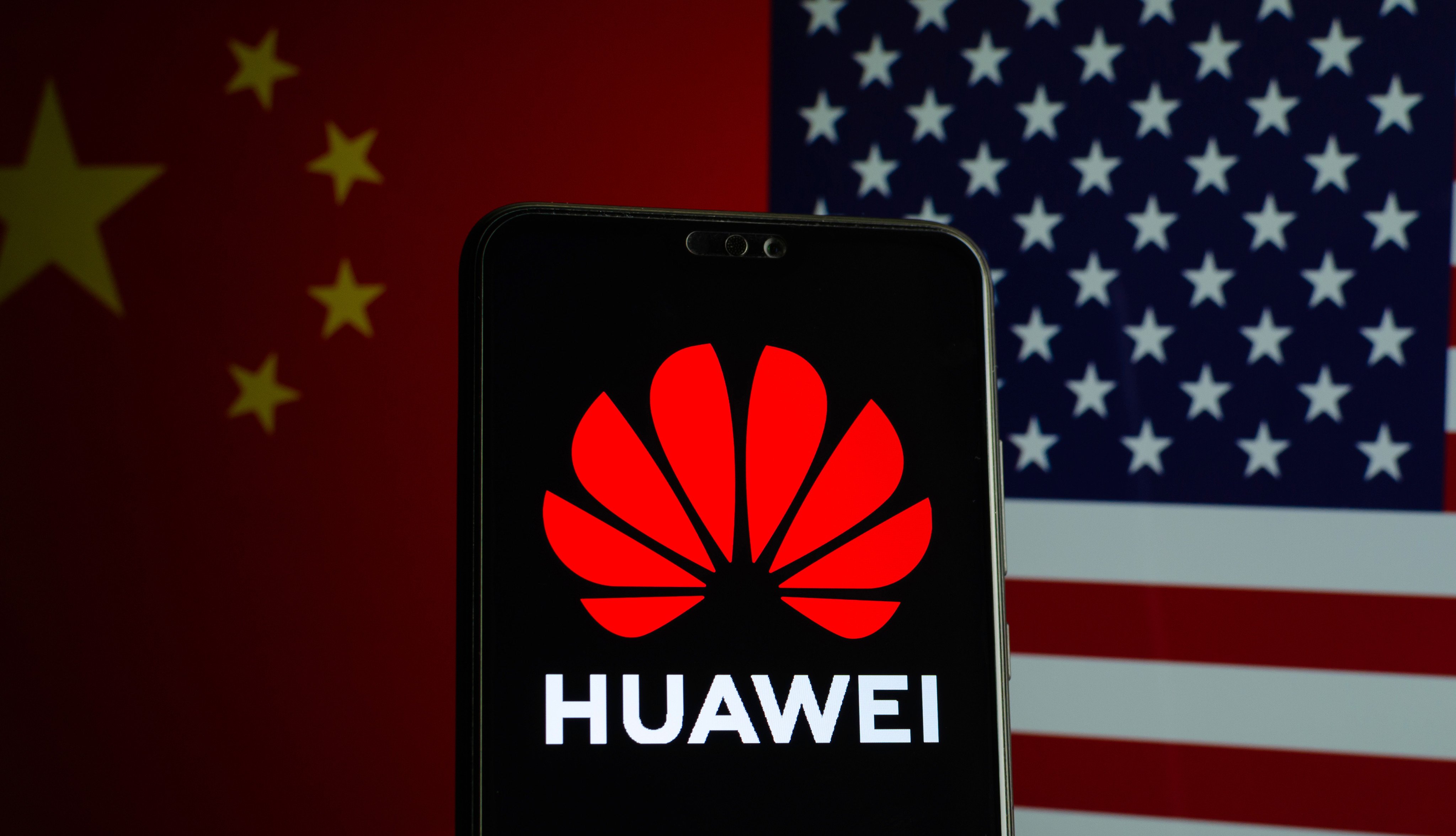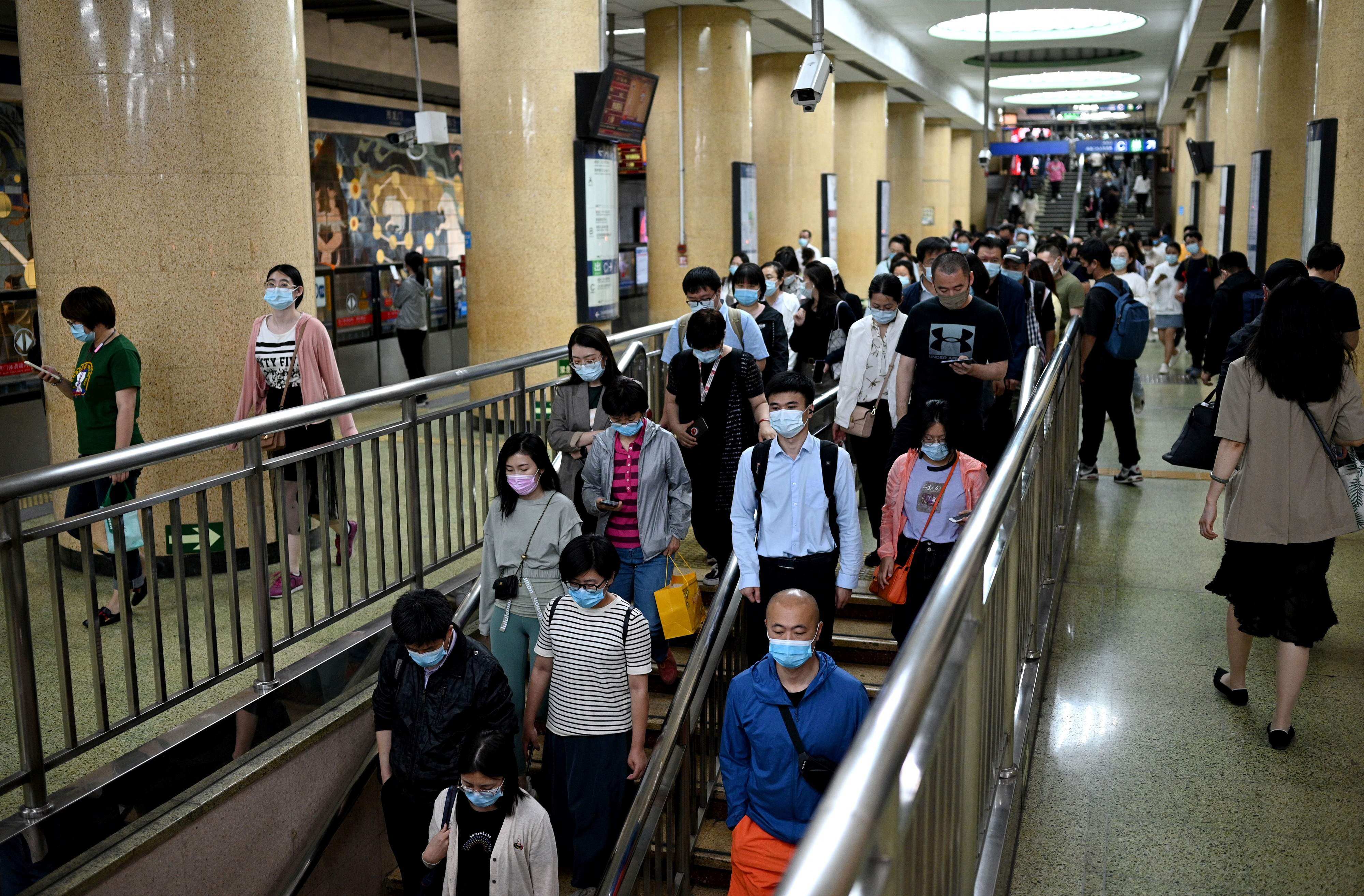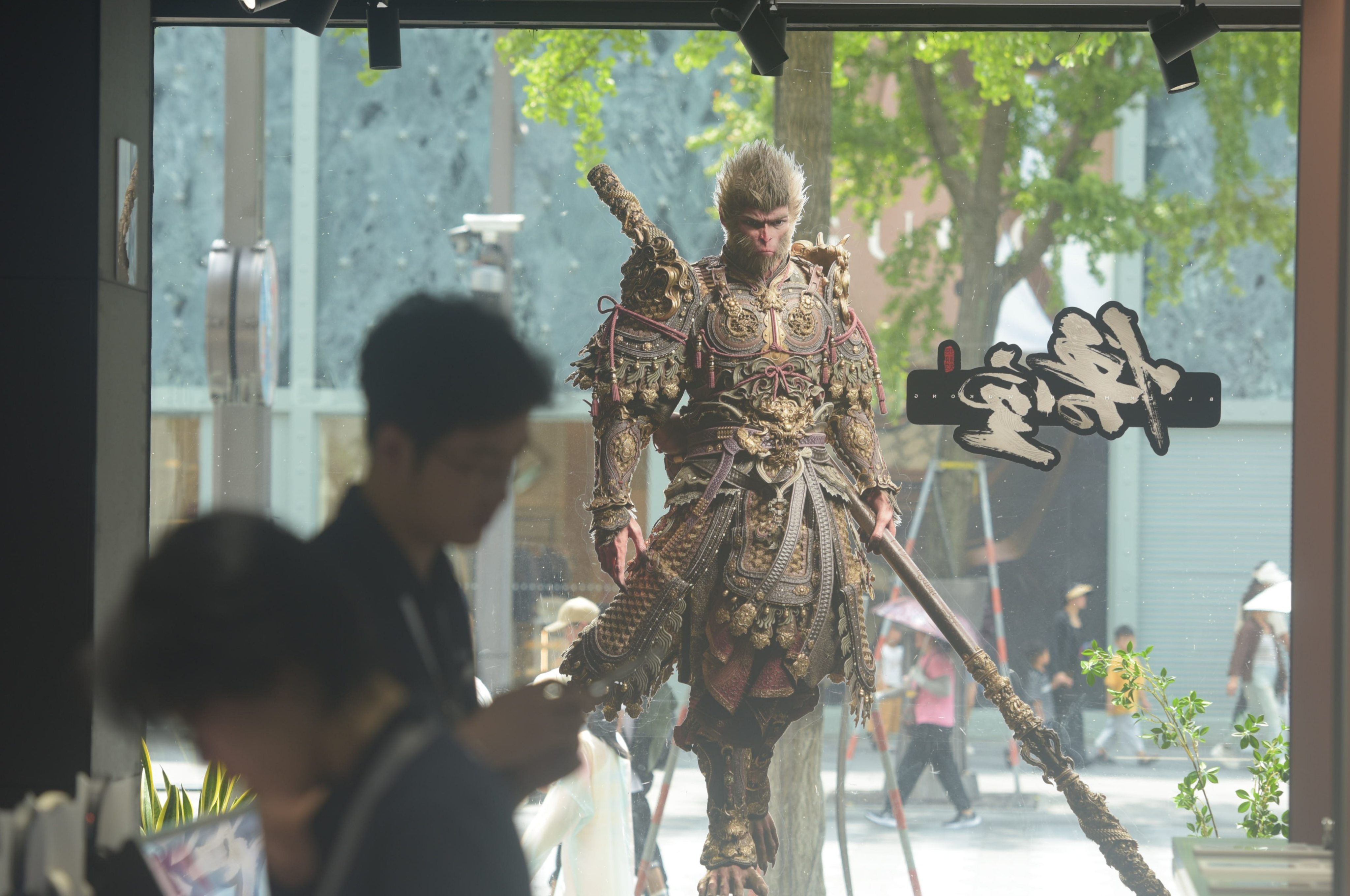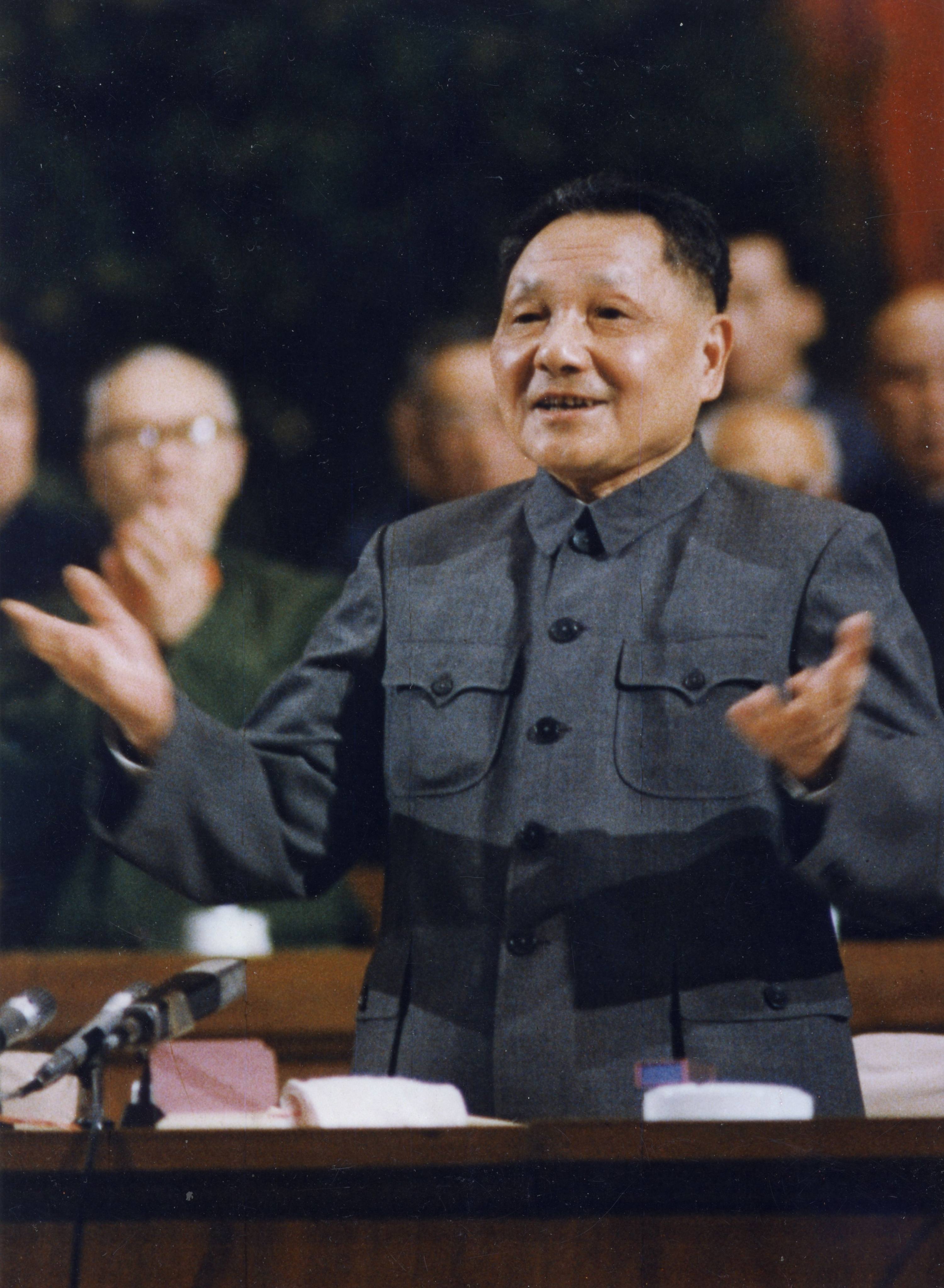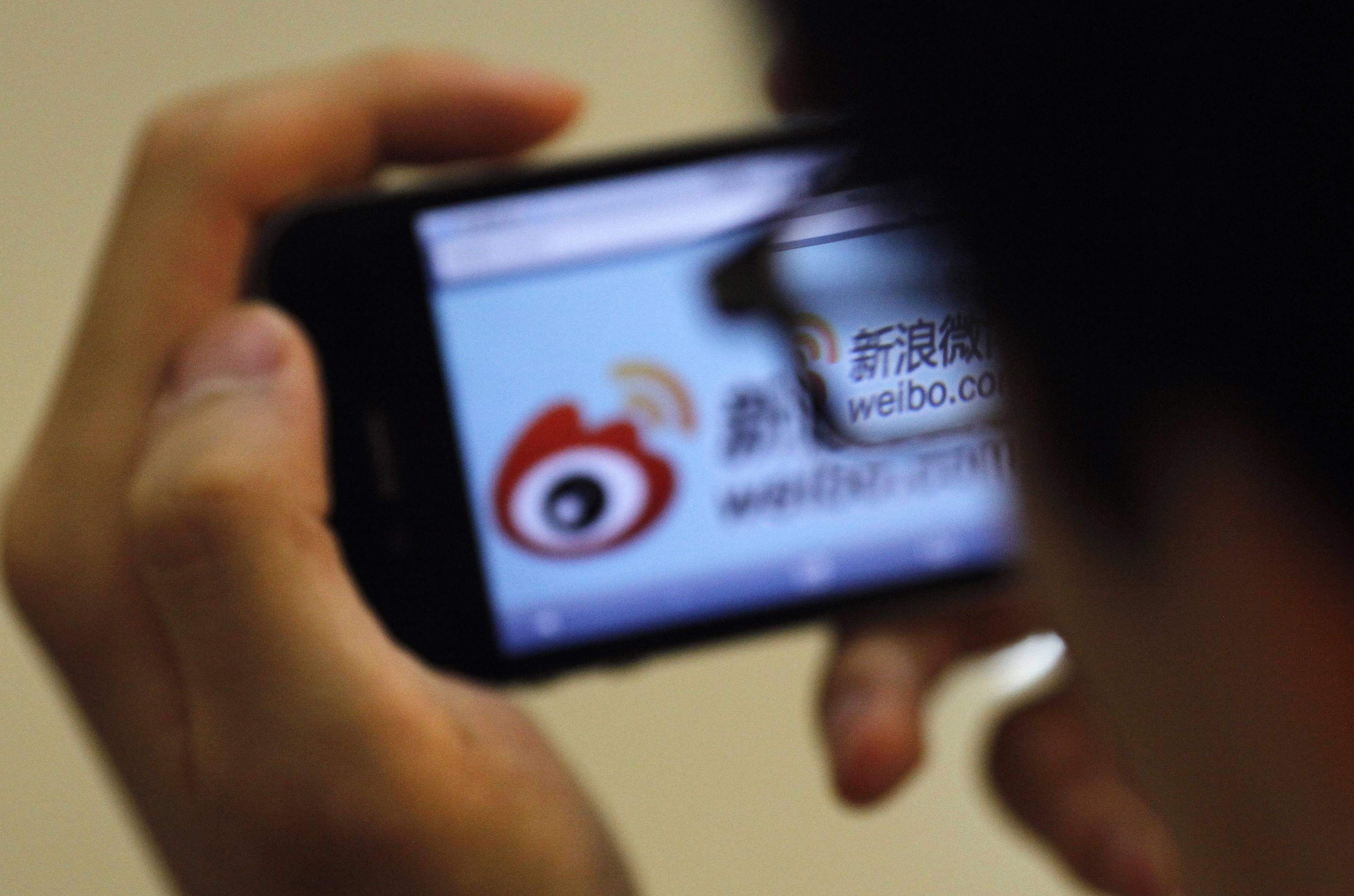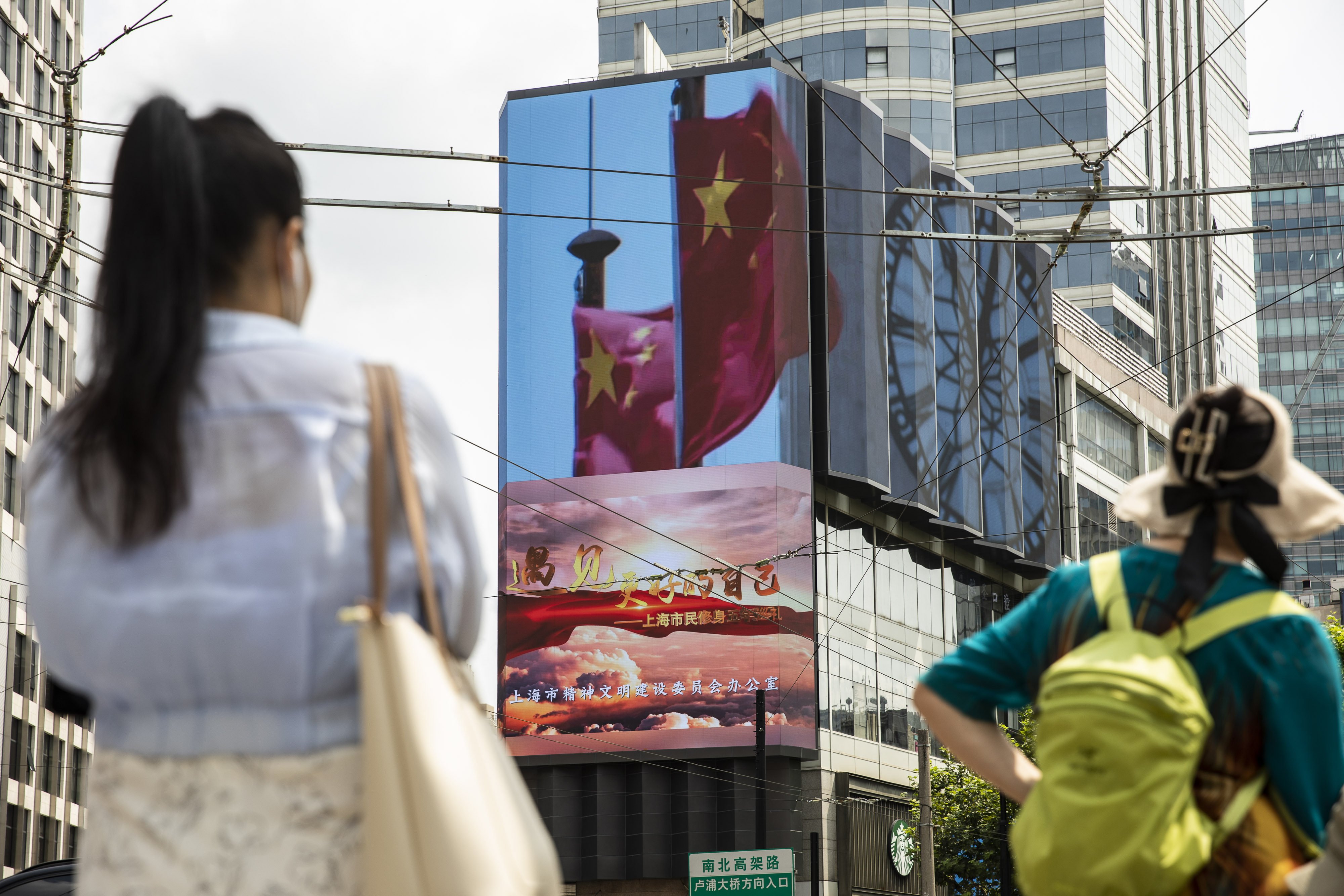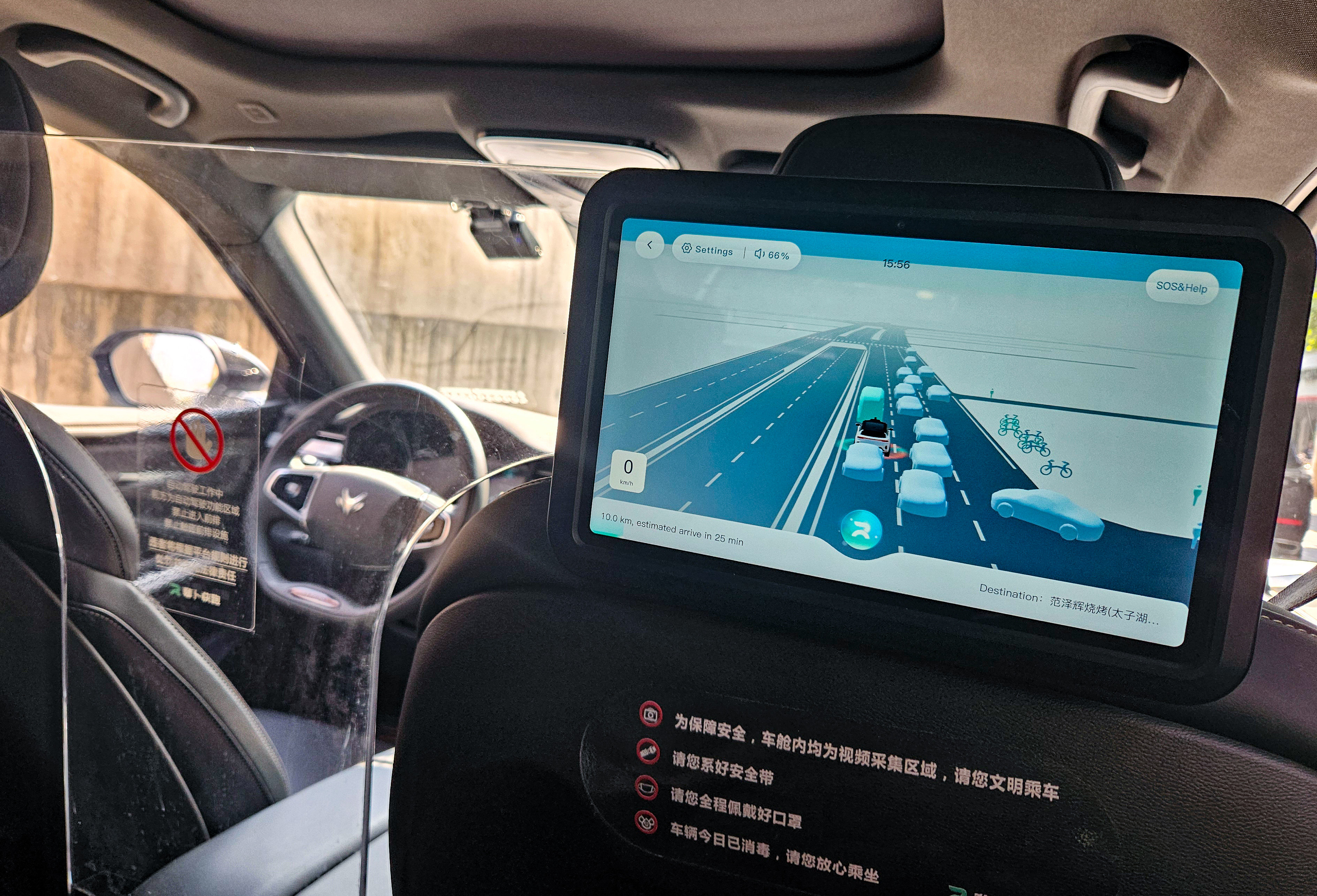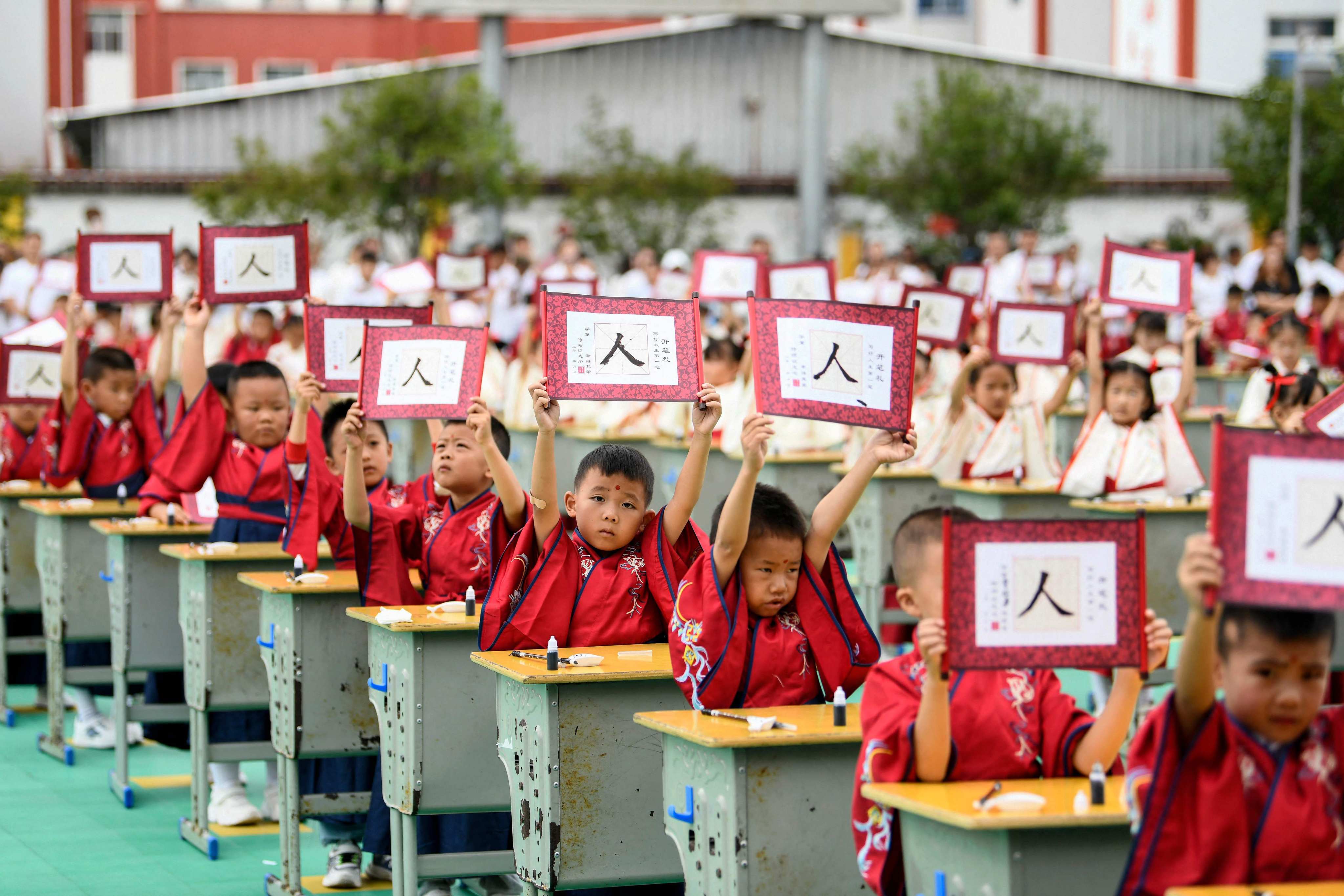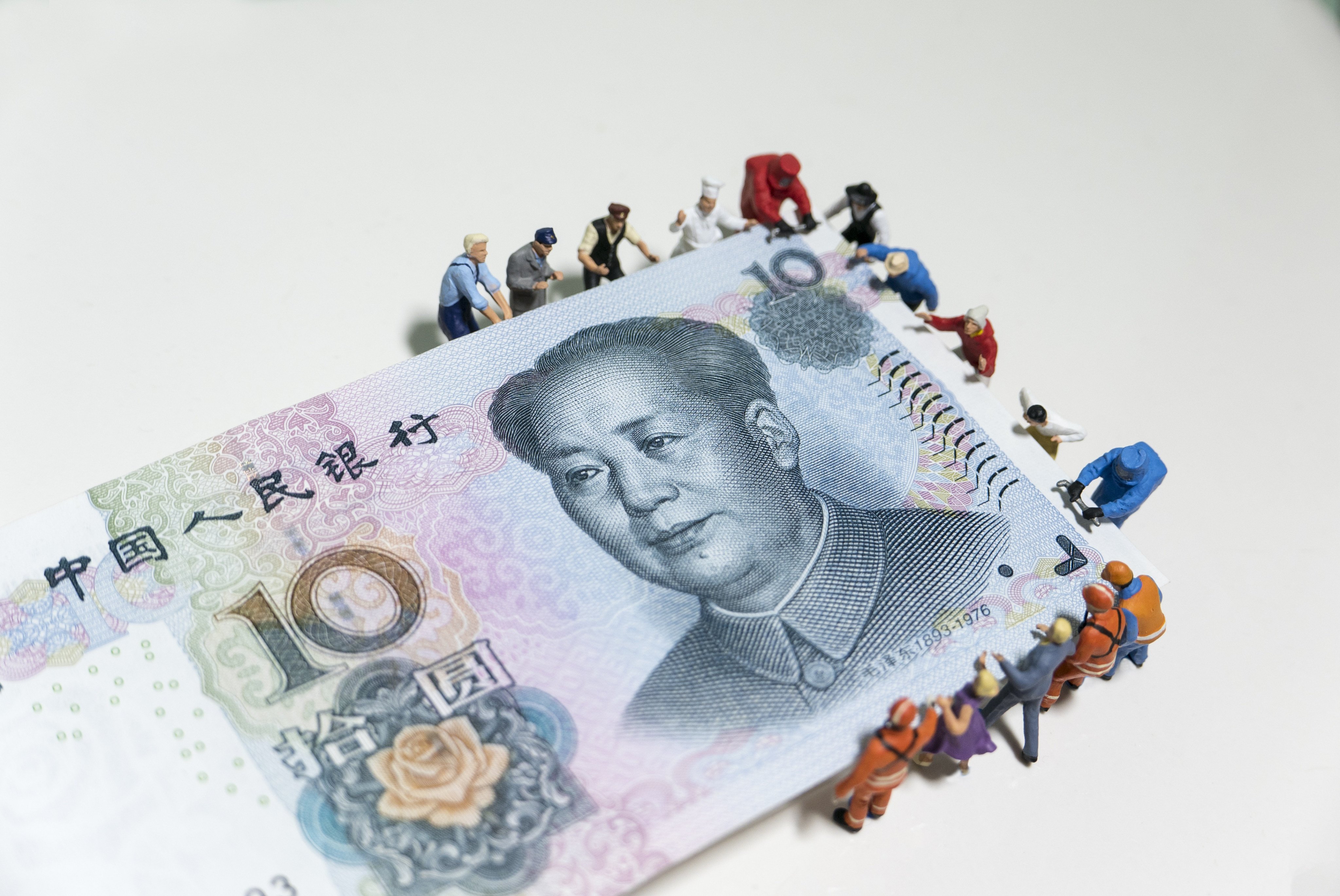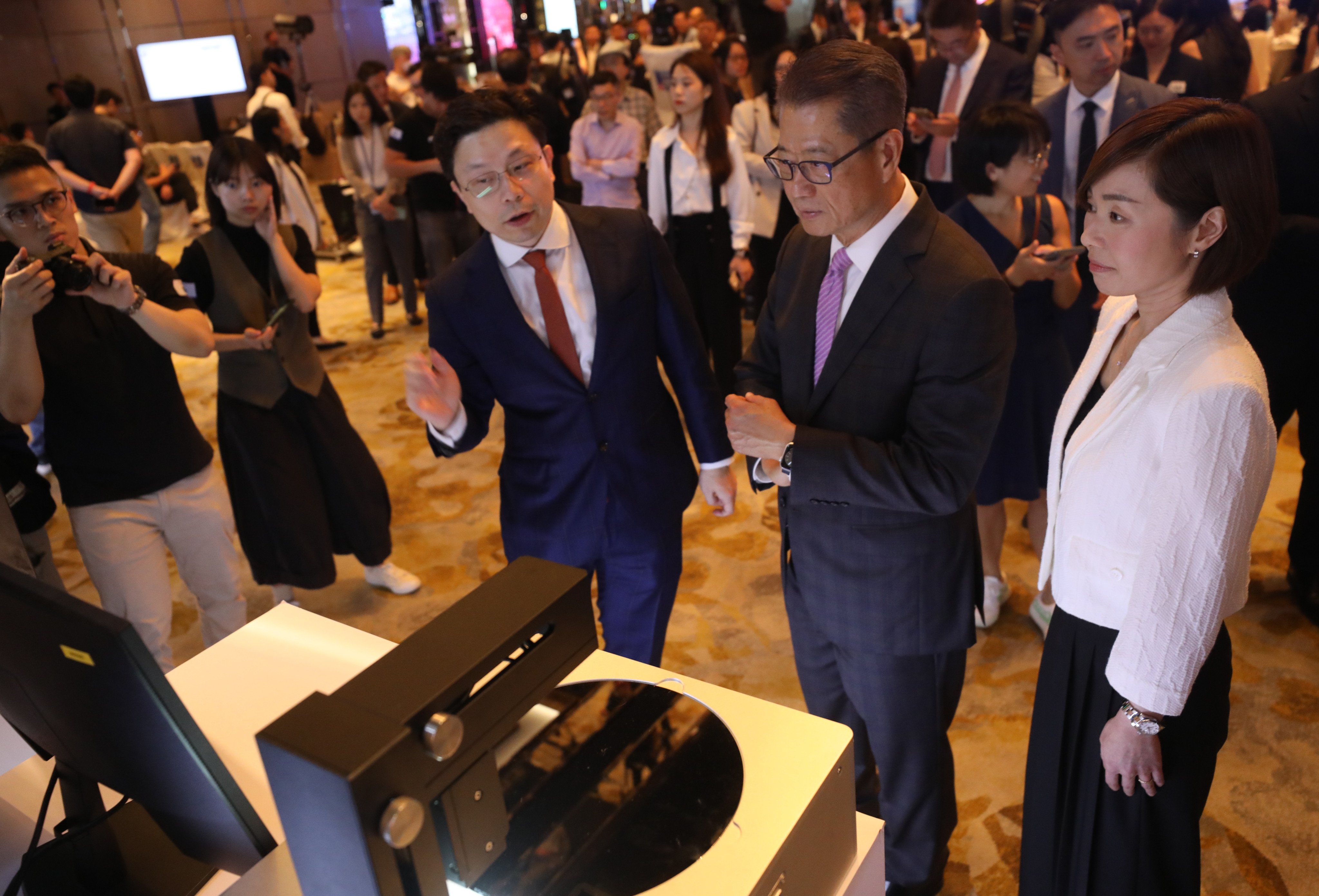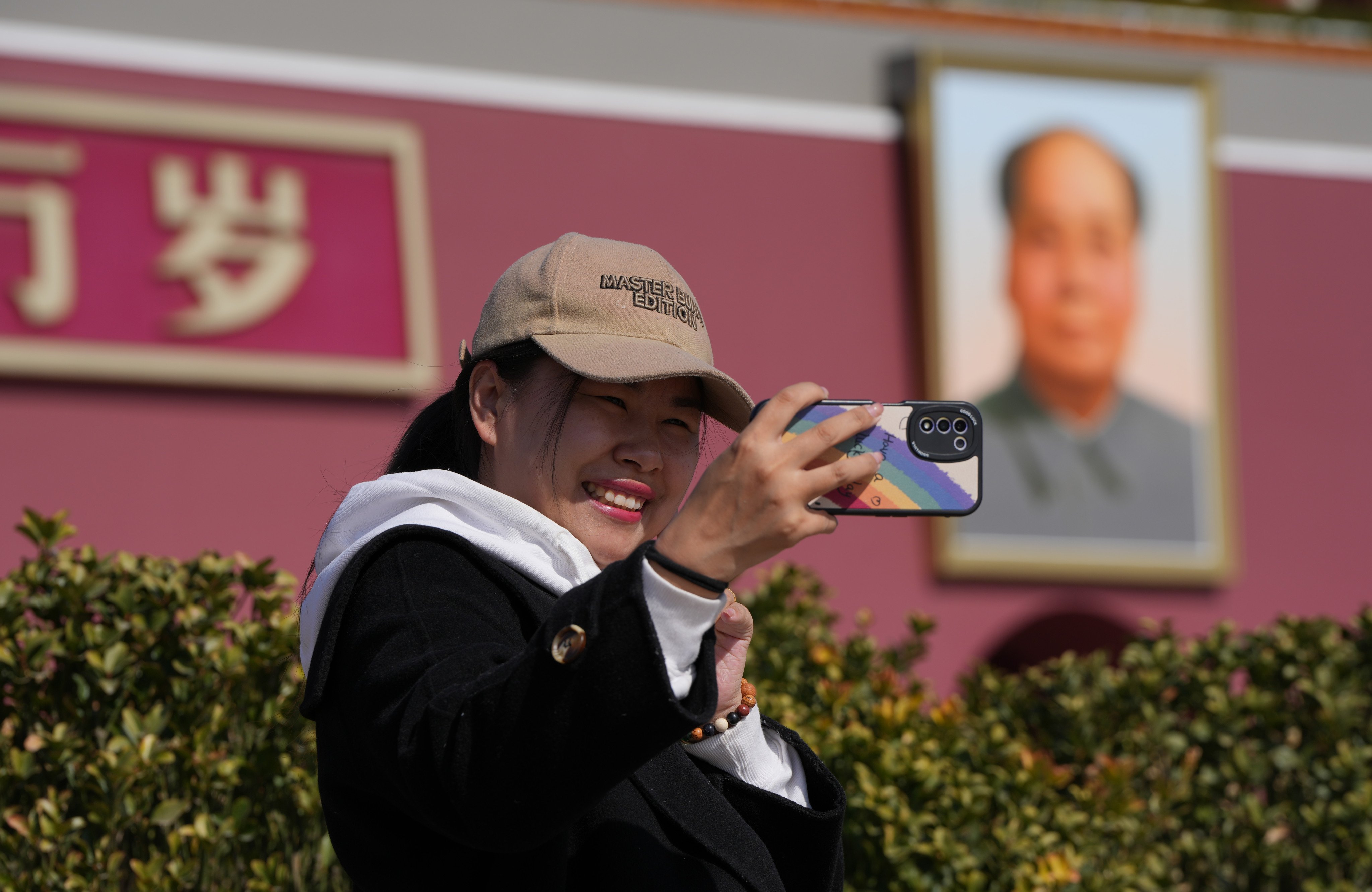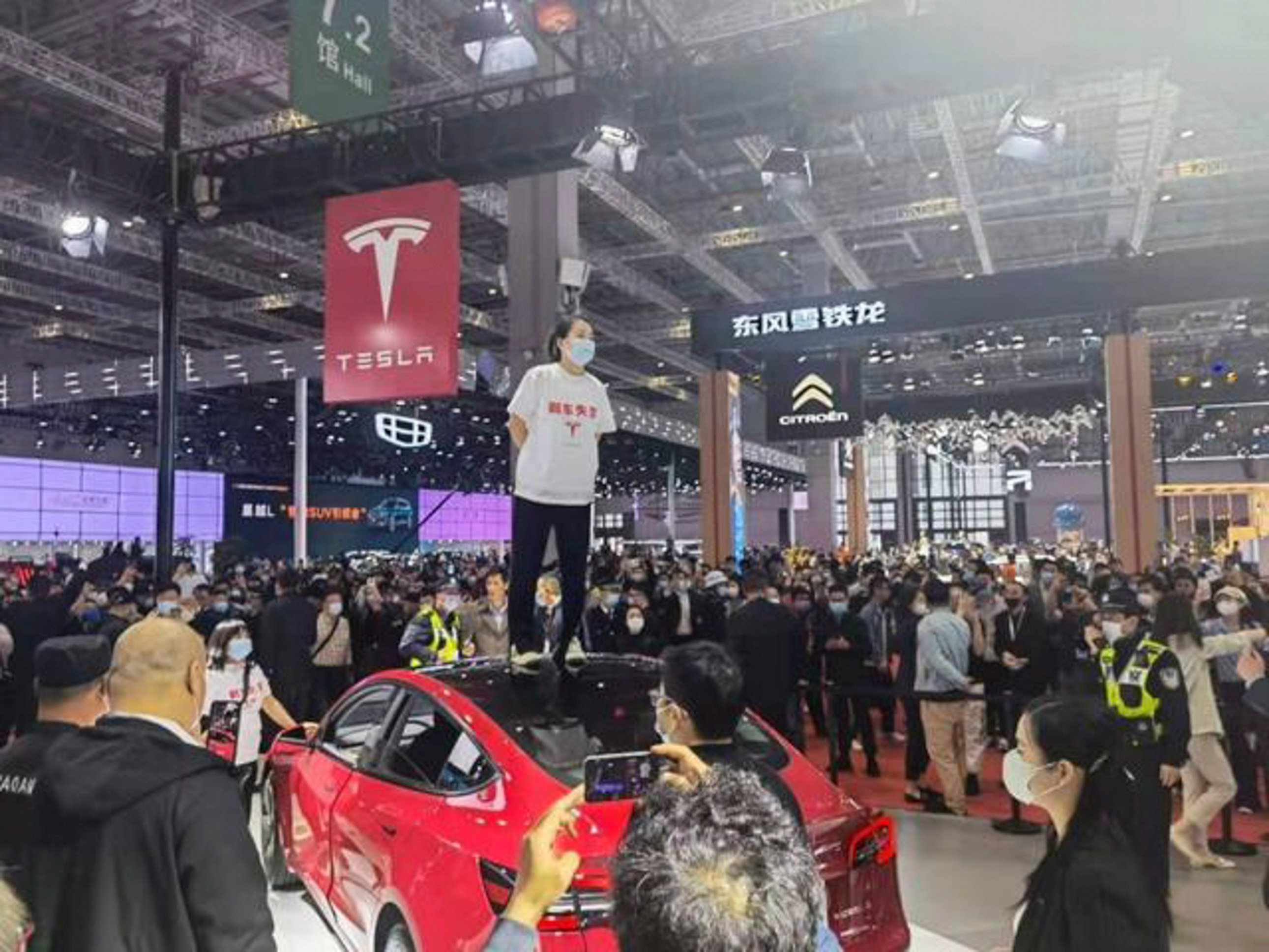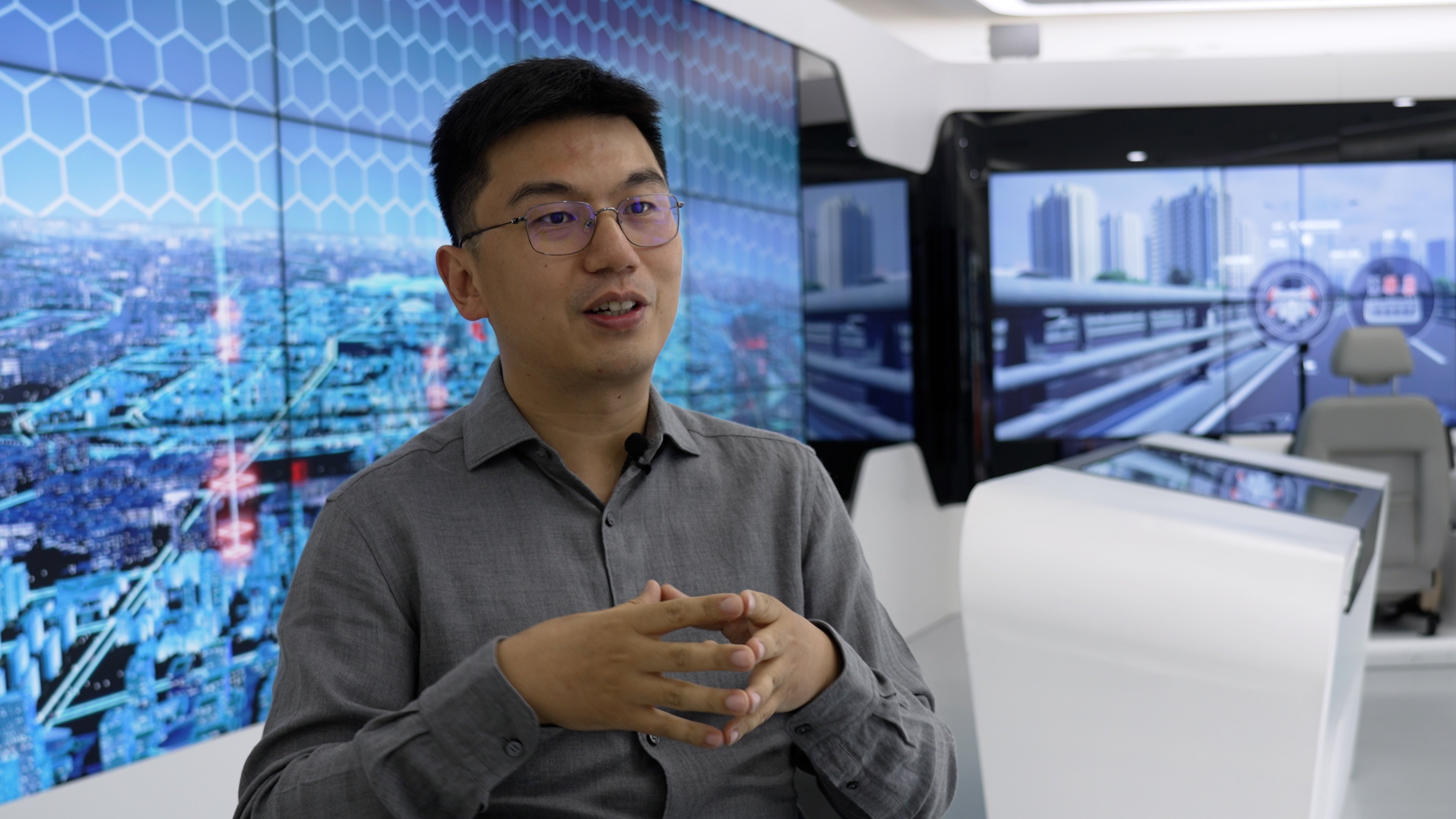Advertisement
Advertisement

Zhou Xin
Tech Editor
Zhou Xin is Tech Editor of the Post, following stints as Political Economy Editor and Deputy China Editor. He has previously worked for Reuters and Bloomberg in Beijing.
During the Song dynasty China’s population exceeded 100 million for the first time, breaking a historical ceiling of about 60 to 80 million.
Ma Yi explains why Hong Kong is an ideal place to attract global talent and how he is using the new role at the University of Hong Kong to promote academic exchange.
A new document from the Communist Party paves the way for local governments to become the ultimate owner and seller of public data.
The draft private-economy protection law contains clauses targeting ‘long-range fishing’ and other problematic practices by local officials.
Advertisement
The current investor euphoria has been aroused by the proliferation of upbeat short-video posts on Chinese social media.
The gains were made on the back of a report that said the two firms plan to sell certain overseas operations amid heightened US scrutiny.
Mu Rongjun, an executive director of the on-demand delivery firm, sold the shares after a 240 per cent price rally since a February low.
The US$624 million deal is expected to enlarge JCET’s share in China’s data storage market.
Much more than a cyclical adjustment, Beijing’s latest policy shift marks a milestone in the history of its economic management.
Huawei’s 5G smartphone revival could well be the tip of the iceberg for the mainland’s supply chain transformation under US sanctions.
The controversy over China’s extended retirement age is a fresh reminder of the deep-rooted problems inherent in the country’s national income distribution system.
The third Global AI Summit, which started on Tuesday in the Saudi capital Riyadh, has wooed over 400 speakers from over 100 countries.
As lay-offs and salary cuts have shaken industries from finance to manufacturing, the government should find ways to boost household wealth.
Major online retail platforms are expected to make changes on algorithms, policies and charges that have fanned excessive competition.
Wukong’s commercial and political success in China has boosted the country’s struggling video gaming industry.
By freeing China from Maoist ideological shackles, the late leader unleashed an era of economic and social liberalisation.
Chinese law requires new regulations to solicit public feedback, but legitimate concerns about giving netizens a single national ID are being silenced.
China can quickly mobilise resources to clean up and minimise casualties after natural disasters, but the country needs to set aside more funds for maintenance and arrange for regular checks of its infrastructure.
China appears to have entered a stage when the pursuit of wealth is seen as something suspicious, not glorious.
The transition to robotaxi services comes at a time when China is in a race to lead the world in the adoption of autonomous vehicle and artificial intelligence technologies.
The environment inside a highly automated plant appears a far cry from the days when mainland Chinese factories were known as ‘labour-intensive’ sweatshops.
The third plenum of the 20th Central Committee offers a chance for Chinese authorities to address the country’s population problem using a ‘top down’ approach.
OpenAI has fired a warning shot by blocking developers from mainland China and Hong Kong, showing the new reality of an increasingly divided world in AI.
While American investors helped build China’s most successful internet companies, they now find themselves quickly losing relevance in the country.
Opinion | In the global AI race, Chinese tech firms can compete by developing unlimited applications
At first glance, the odds are not in favour of Chinese tech firms in the era of generative AI, but the country has the talent, the market, and the determination to stay at the top of the game.
Established by a Chinese University of Hong Kong professor in 2019, SmartMore has been tasked with boosting the city’s technology ecosystem.
Deng Xiaoping and Jiang Zemin used third plenary sessions to usher in new eras of growth. Beijing should do it again.
Alibaba.com is projecting US$60 billion in GMV this year, according to the sourcing platform’s president, who dismissed competition from PDD and ByteDance.
Apple and Tesla have each won two small but significant consumer-led lawsuits in China, in a sign that Beijing is trying to win back the confidence of foreign investors.

